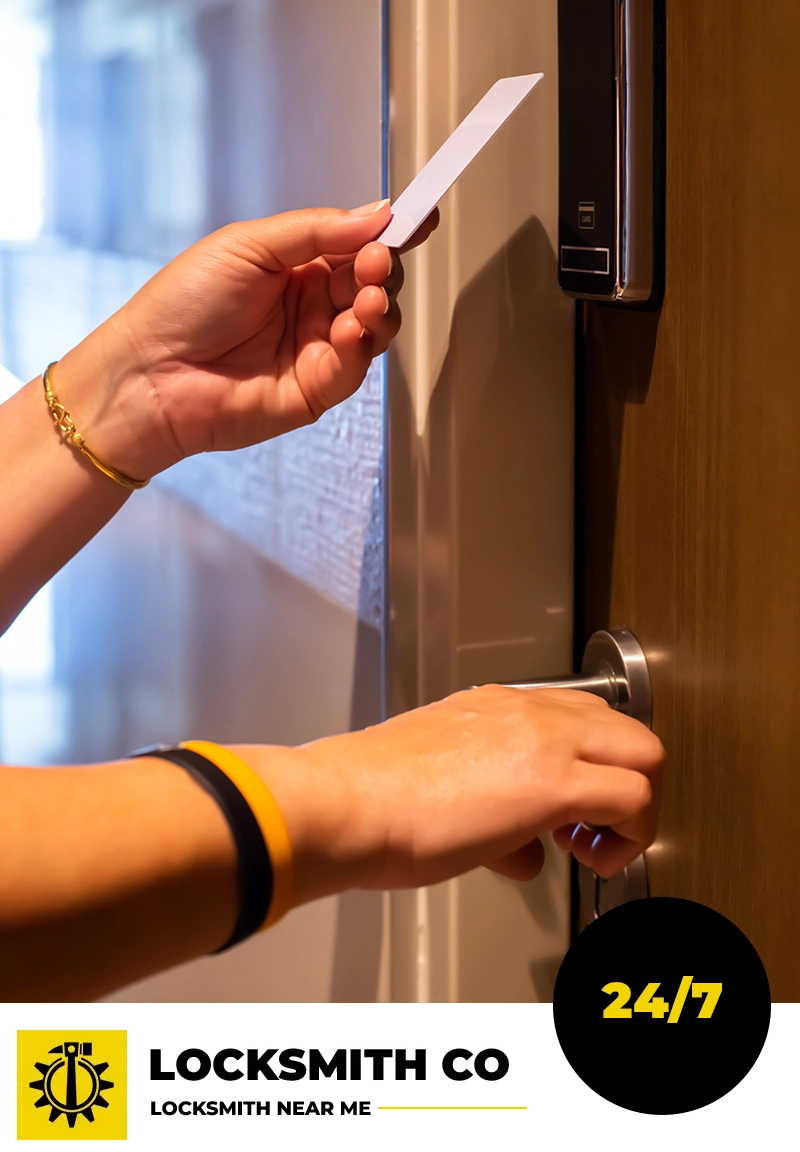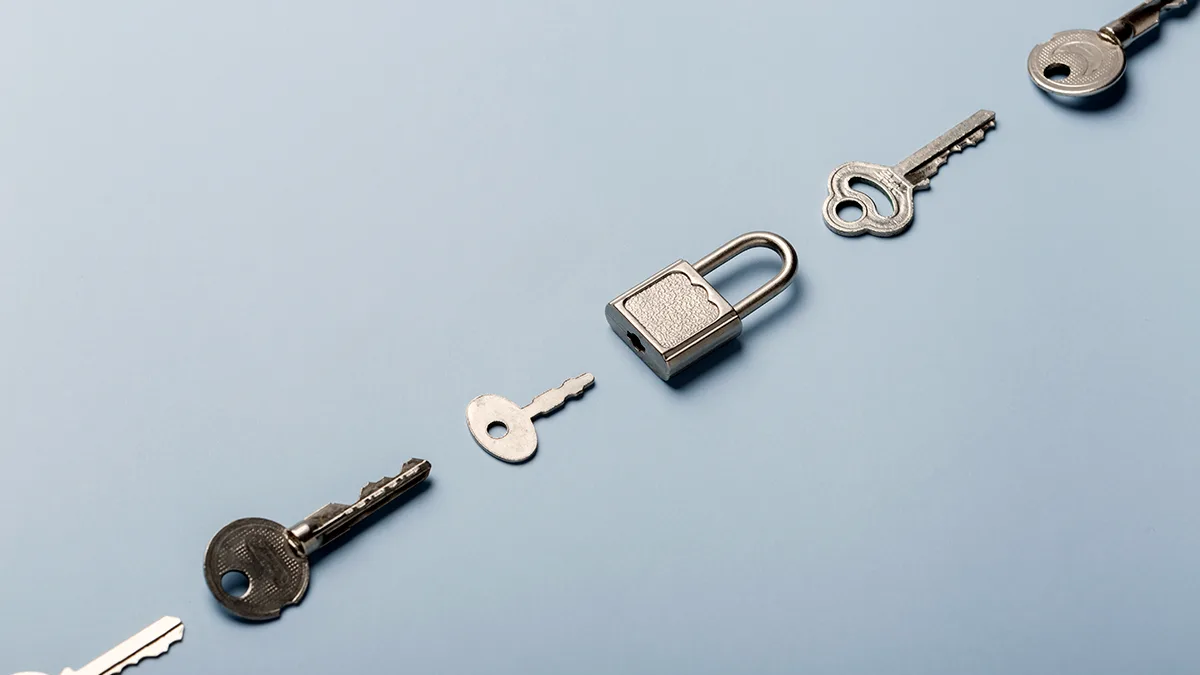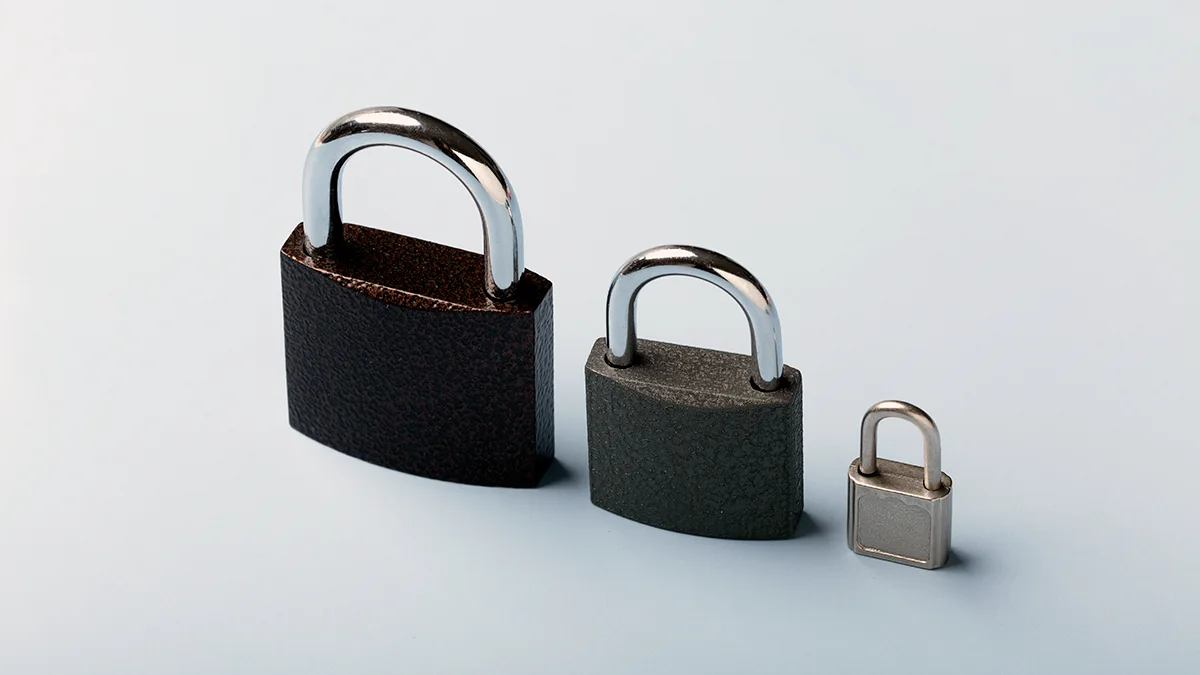5 Ways a Locksmith Can Improve Your Home Security Today. In an increasingly uncertain world, ensuring…
Common Reasons Your Lock Won’t Open Even with the Correct Code
Common reasons your lock won’t open even with the correct code. Finding yourself unable to open a lock despite entering the correct code can be a frustrating experience, especially when time is of the essence.
There are several common reasons why this may occur, ranging from simple user errors to more complex mechanical issues.
Common reasons your lock won’t open even with the correct code
In this guide, we will explore these potential causes in detail, helping you to understand the underlying problems and offering practical solutions.
Whether you are a residential or commercial property owner in London, our expert locksmith services are here to assist you with any lock-related challenges, ensuring your security and peace of mind.
Let’s delve into the most frequent issues and how our reliable team can help resolve them swiftly and efficiently.
Mechanical Issues
Faulty Lock Mechanism
 A faulty lock mechanism is a common culprit when a lock refuses to open, even with the correct code.
A faulty lock mechanism is a common culprit when a lock refuses to open, even with the correct code.
Over time, the internal components of a lock can wear down due to constant use, dust accumulation, or lack of maintenance.
This wear and tear can cause the lock to malfunction, making it difficult or impossible to open.
In some cases, specific parts such as the tumblers, springs, or pins might be damaged or misaligned.
These issues require professional attention to diagnose and fix.
Ignoring these symptoms can lead to a complete lock failure, potentially compromising your security.
If you suspect a faulty lock mechanism, it is advisable to contact a professional locksmith.
Our team in London can quickly assess the problem and provide the necessary repairs or replacements to restore your lock’s functionality.
We ensure that your property remains secure and accessible at all times.
Worn Out Internal Components
Another frequent issue is worn out internal components.
Locks are made up of various small parts that work together to secure and unlock the mechanism.
Over time, these components can degrade, especially in high-traffic areas where the lock is used repeatedly.
Commonly affected parts include springs, pins, and tumblers, which can become less effective as they wear down.
When these components are worn out, the lock may not respond correctly to the code, or it may require multiple attempts to open.
This not only causes inconvenience but also poses a security risk, as a degraded lock can be more easily tampered with.
Addressing this problem typically involves disassembling the lock and replacing the worn parts with new ones.
Our skilled locksmiths in London are well-equipped to handle such repairs, ensuring your lock functions smoothly and reliably.
Regular maintenance can also help prevent this issue from occurring in the first place.
Environmental Factors
Temperature Fluctuations
Temperature fluctuations can significantly affect the performance of your lock.
Extreme cold or heat can cause metal components to expand or contract, leading to alignment issues within the lock mechanism.
In colder weather, moisture can freeze inside the lock, causing it to jam or become difficult to turn.
These temperature-induced problems are more prevalent in external locks, such as those on gates or outdoor storage units.
However, even indoor locks can be affected if they are installed in poorly insulated areas or spaces with varying temperatures.
To mitigate these issues, it’s crucial to keep your locks well-lubricated.
This helps to minimise friction and prevent parts from sticking together.
If you encounter persistent problems due to temperature changes, consulting a professional locksmith can provide a more permanent solution.
Our experts in London can recommend and install locks designed to withstand extreme weather conditions, ensuring reliability and security year-round.
Accumulated Dirt and Debris
Accumulated dirt and debris can be a major hindrance to the smooth operation of your lock.
Dust, grime, and other particles can build up inside the lock mechanism over time, causing it to become sticky or jammed.
This is especially common in outdoor locks or those located in areas with a lot of traffic and environmental exposure.
When dirt and debris clog the internal components, the lock may not recognise the correct code, or it might require extra effort to turn the key or dial.
This can lead to frustration and potential damage if excessive force is used.
Regular cleaning and maintenance can help alleviate this issue.
Using a specialised lock lubricant can remove built-up grime and keep the internal components functioning smoothly.
For more severe cases, our professional locksmiths in London can provide a thorough cleaning and inspection, ensuring your lock remains in optimal condition and operates without a hitch.
Incorrect Code Entry
Misaligned Keypad
A misaligned keypad can be a frequent cause of lock issues, even when you are entering the correct code.
Over time, frequent use or accidental impacts can shift the keypad out of its proper alignment.
This misalignment can cause some buttons to register incorrectly or not at all, leading to unsuccessful attempts to unlock the mechanism.
In many cases, a misaligned keypad may show signs such as sticking buttons or uneven spacing.
These issues can prevent the lock from recognising the input accurately, resulting in frustration and wasted time.
To address this problem, it may be necessary to realign or recalibrate the keypad.
Our skilled locksmiths in London can quickly diagnose and rectify misalignment issues, ensuring your keypad operates smoothly and correctly.
Additionally, regular inspections can help identify and resolve potential alignment problems before they become a significant issue, maintaining the overall reliability of your lock system.
Damaged Code Entry System
A damaged code entry system can also prevent a lock from opening, even with the correct code.
Physical damage to the keypad or electronic components can result from accidental impacts, vandalism, or wear and tear over time.
Such damage can disrupt the communication between the keypad and the locking mechanism, causing the lock to malfunction.
Signs of a damaged code entry system may include unresponsive buttons, erratic behaviour, or failure to power on.
These issues can make it impossible to enter the code correctly, thereby locking you out of your property.
To resolve this, it often requires professional intervention to either repair or replace the damaged components.
Our expert locksmiths in London are equipped to handle such repairs efficiently, ensuring minimal disruption to your daily routine.
We can also recommend more durable code entry systems suited to your needs, providing enhanced security and reliability.
Regular maintenance can help prevent future damage, keeping your entry system in top condition.




Comments (0)